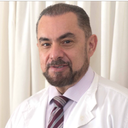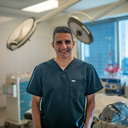Are hot flashes, fever, and sensation to puke normal after a Breast Augmentation?
I had breast augmentation surgery about 10 hours ago and I am comfortable but once an hour or more I wake up with a fever like symptom.. Just get super overheated and weak feeling. I also feel like I have to puke. Is this normal? As a side note i am taking an. Antiboitic and oxycotin







